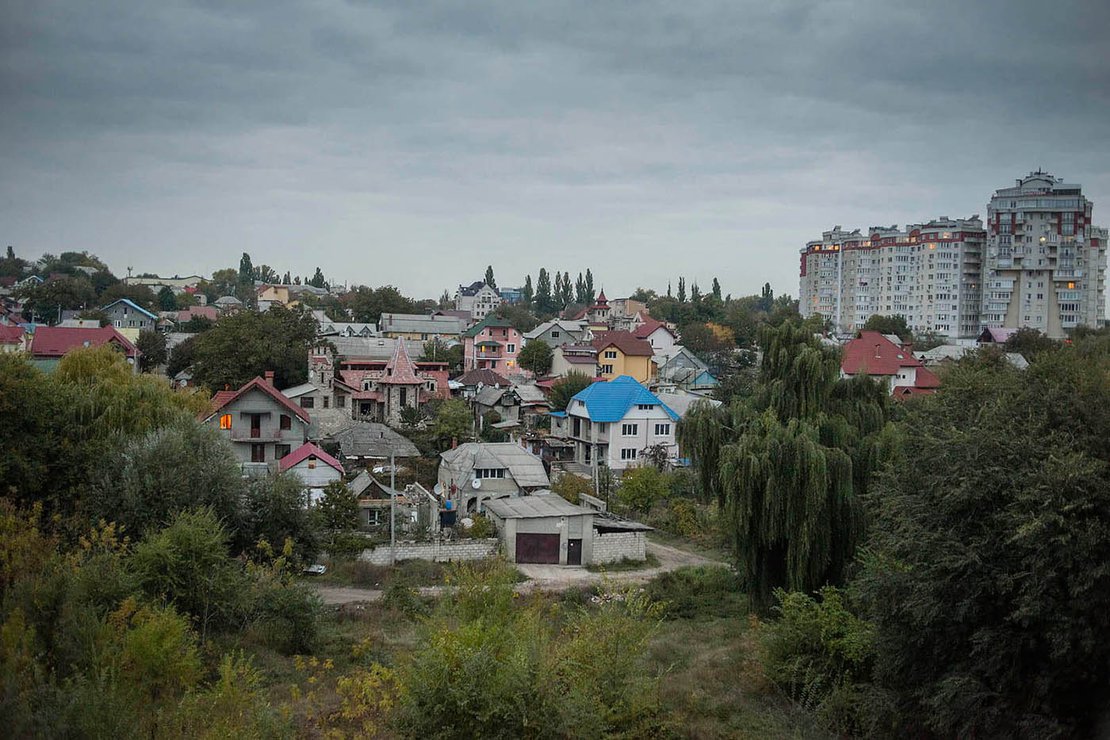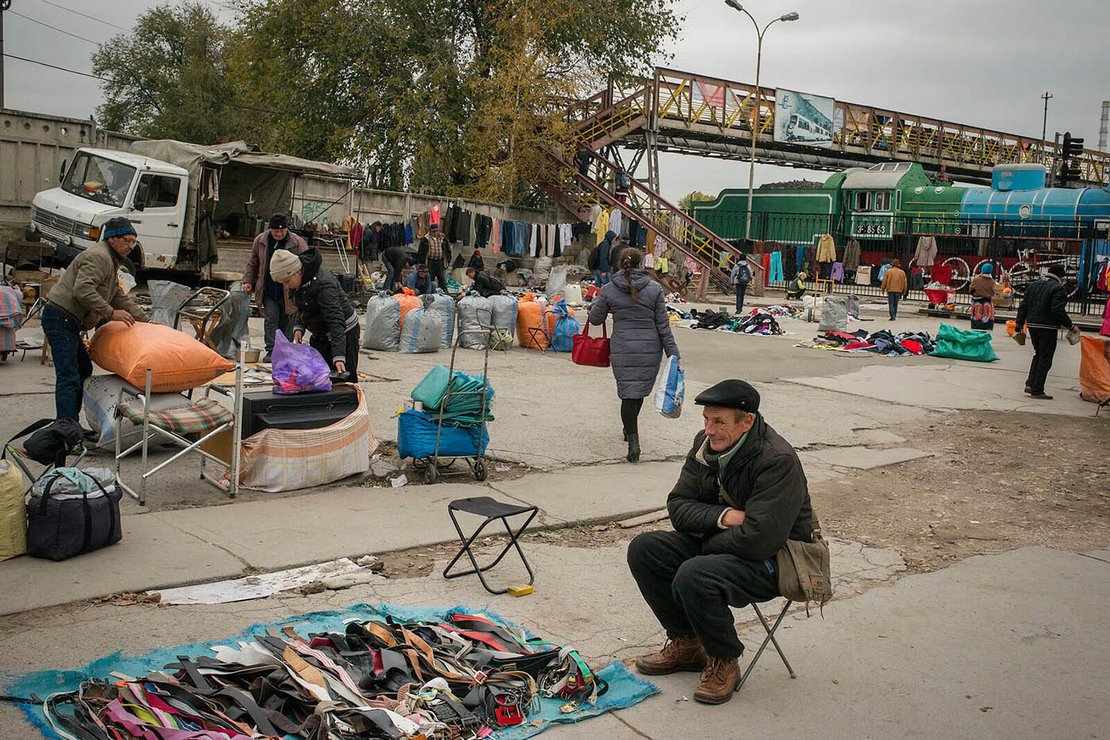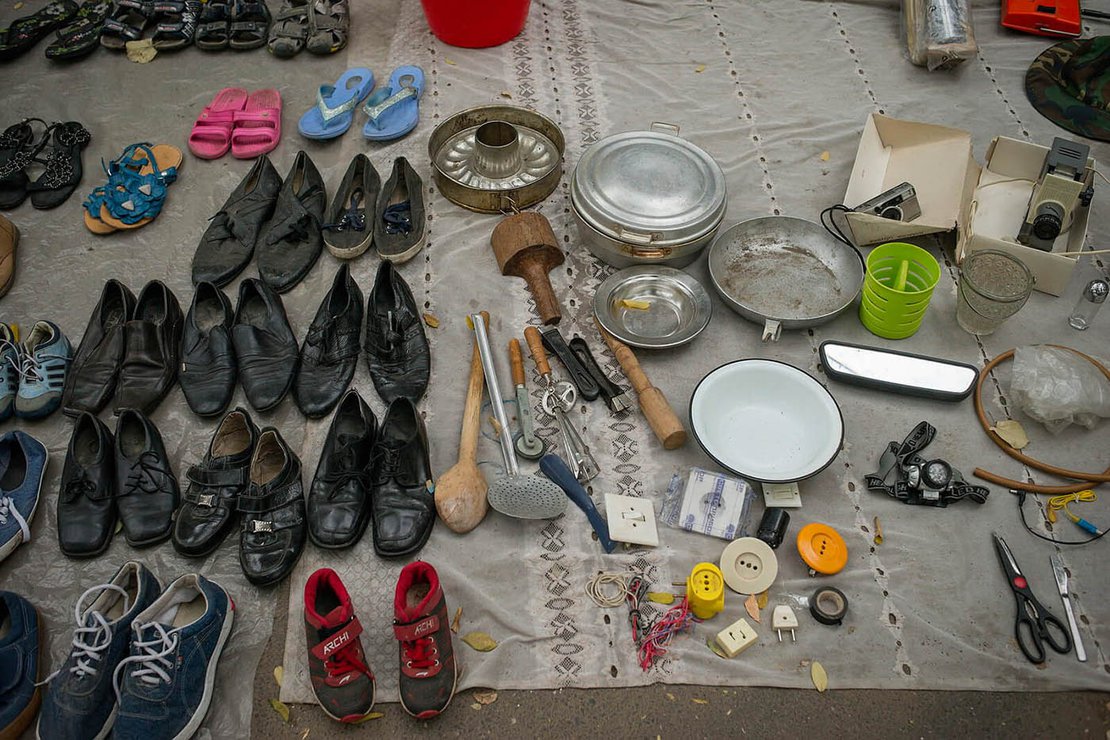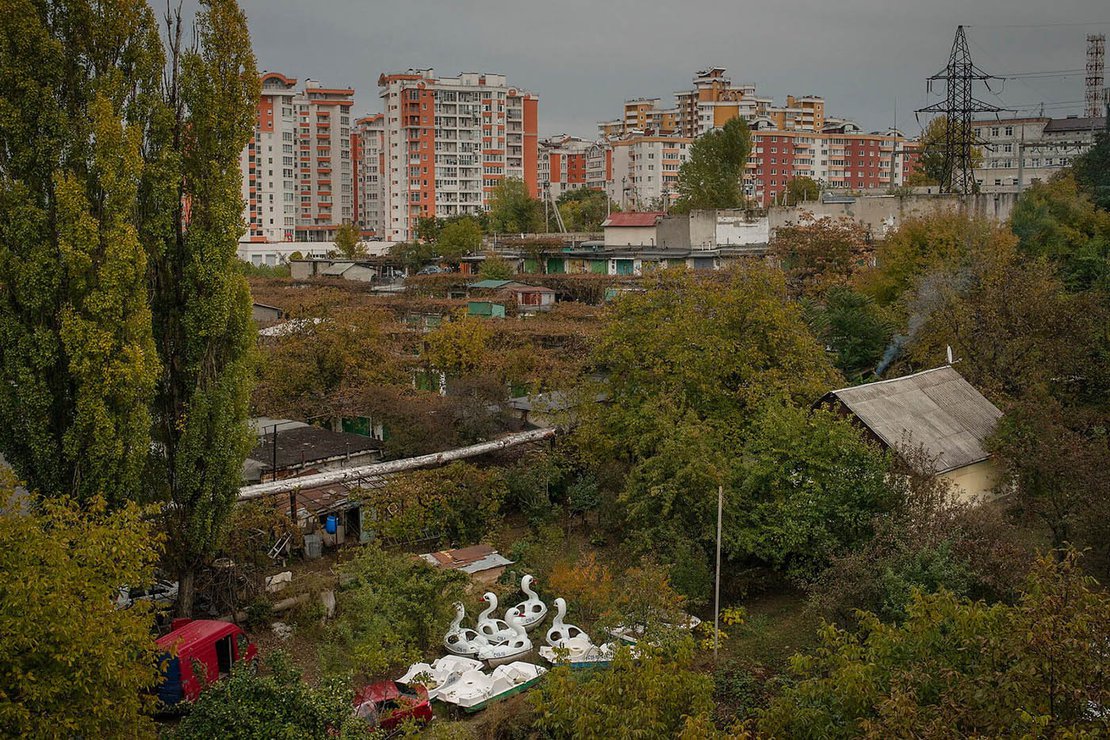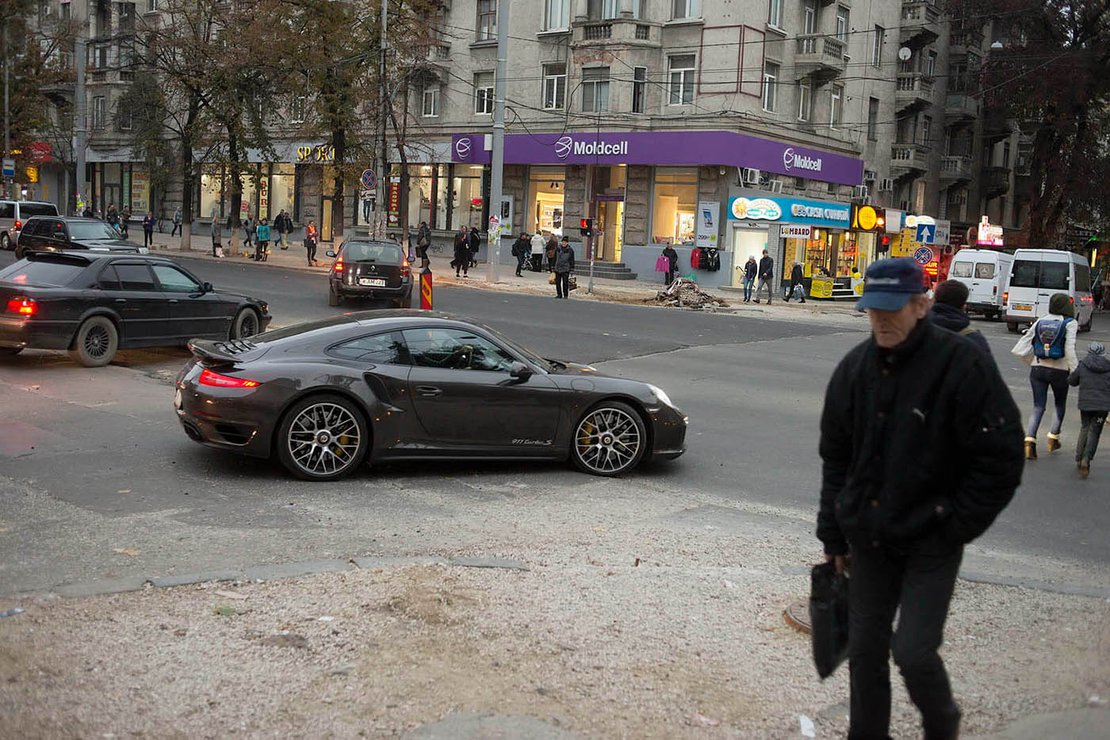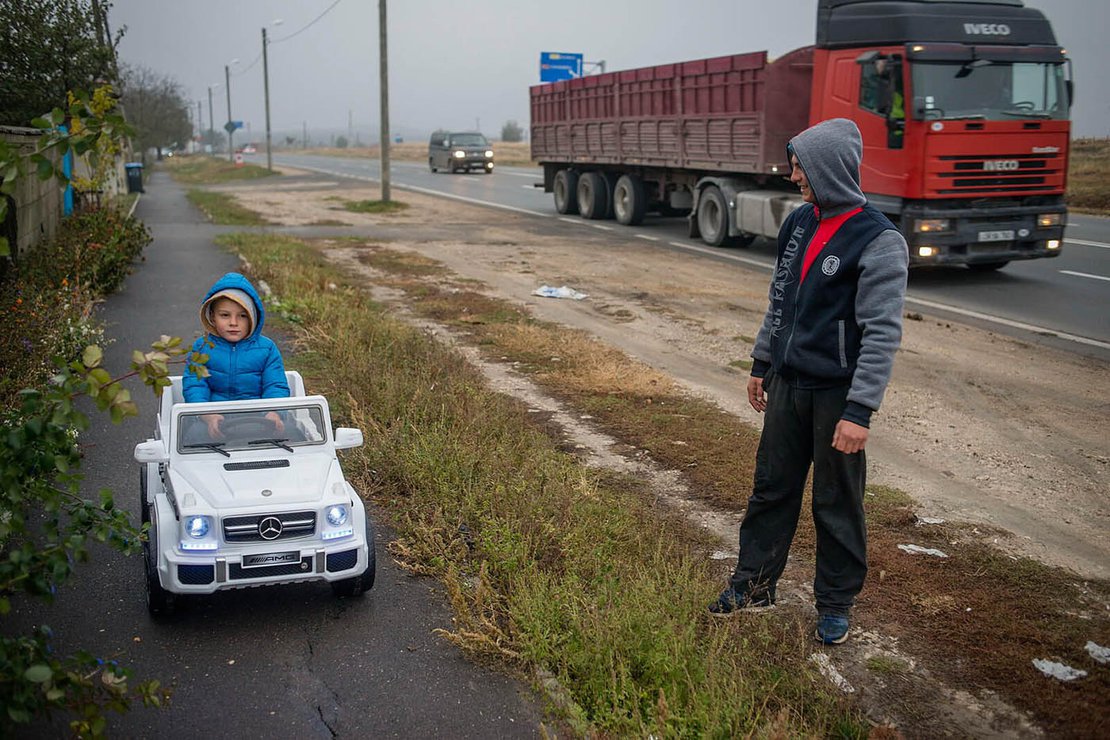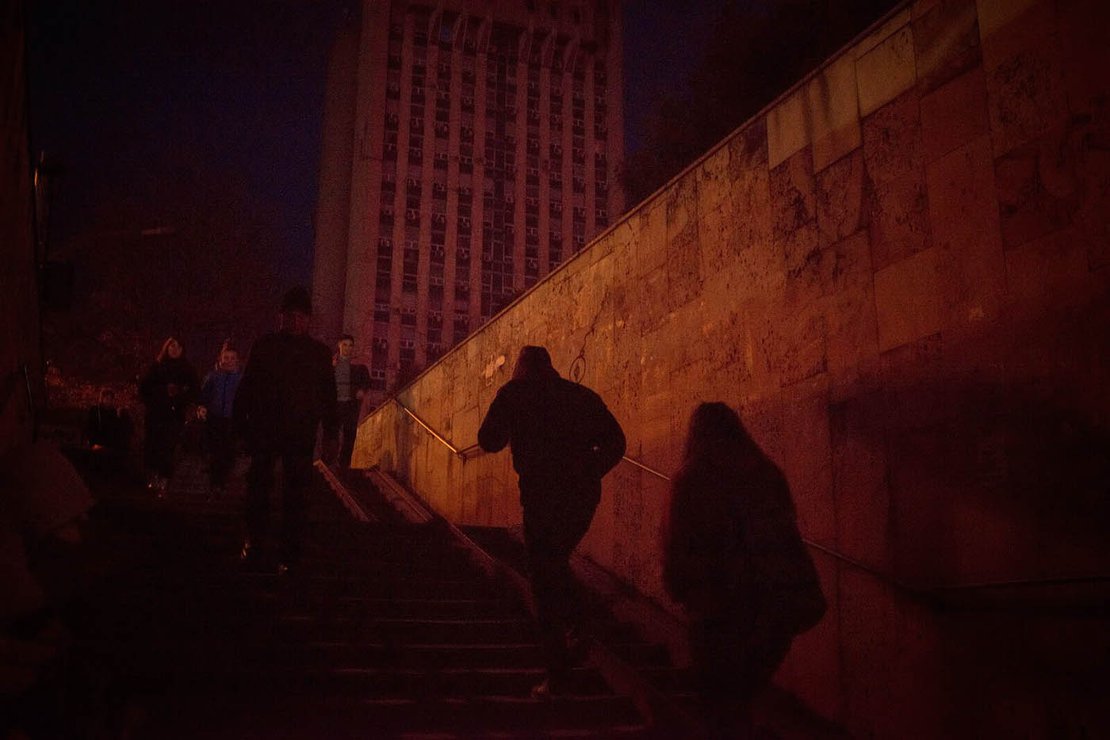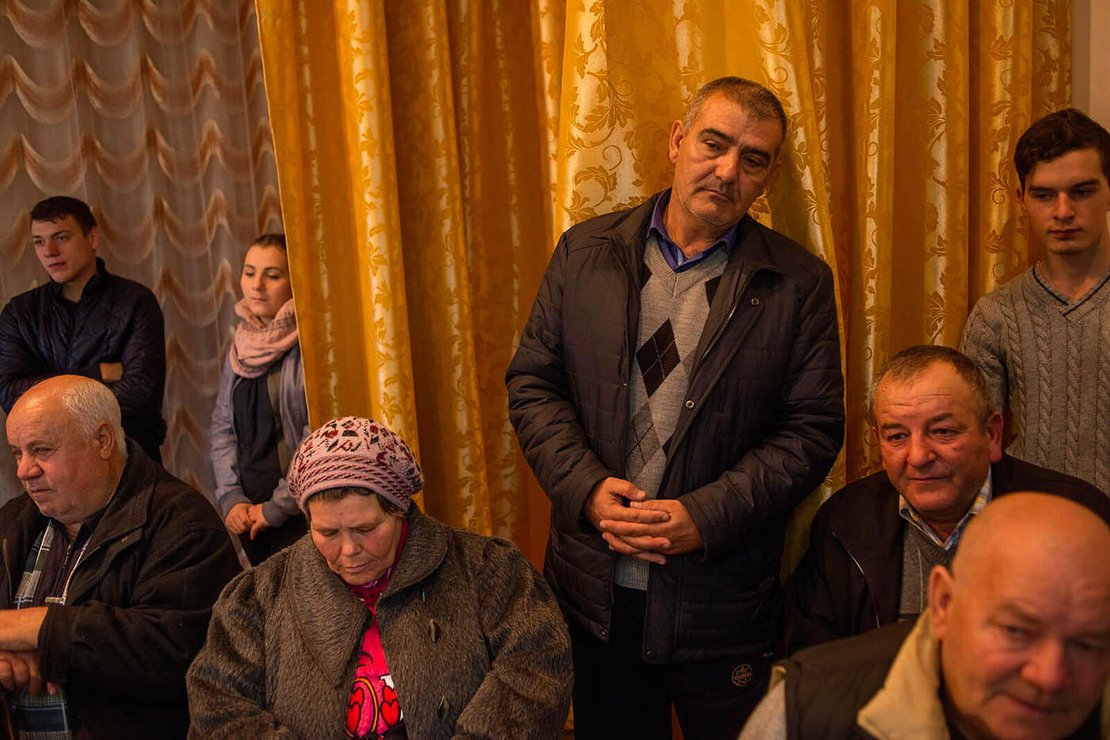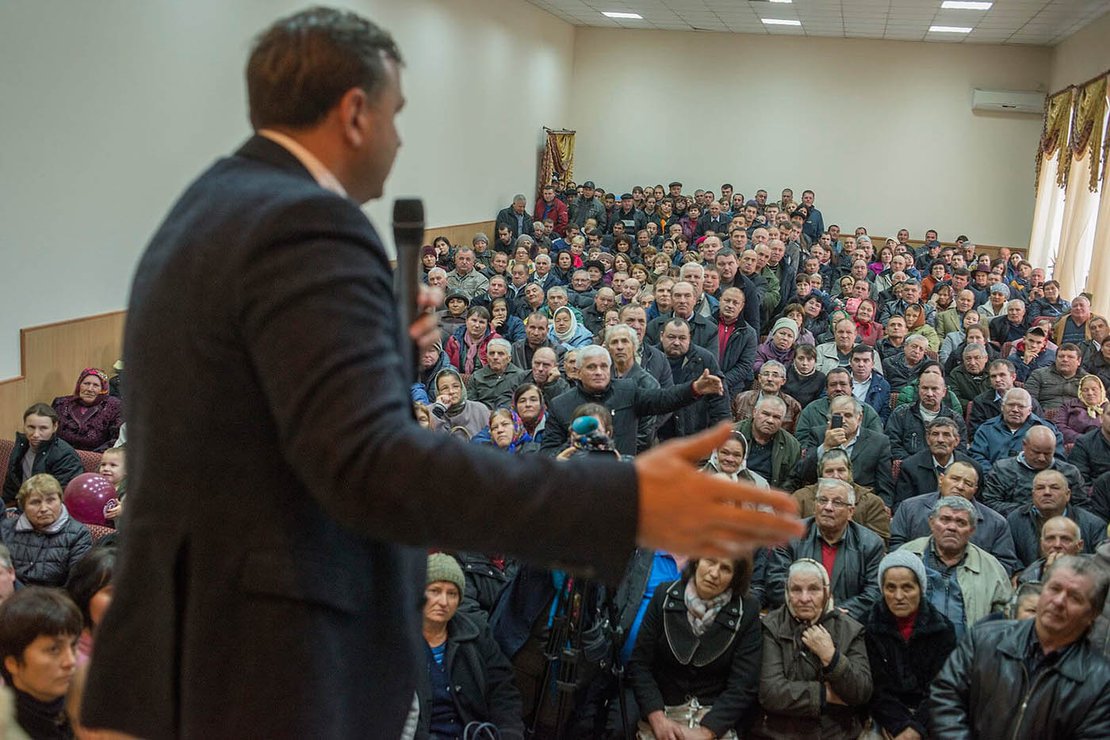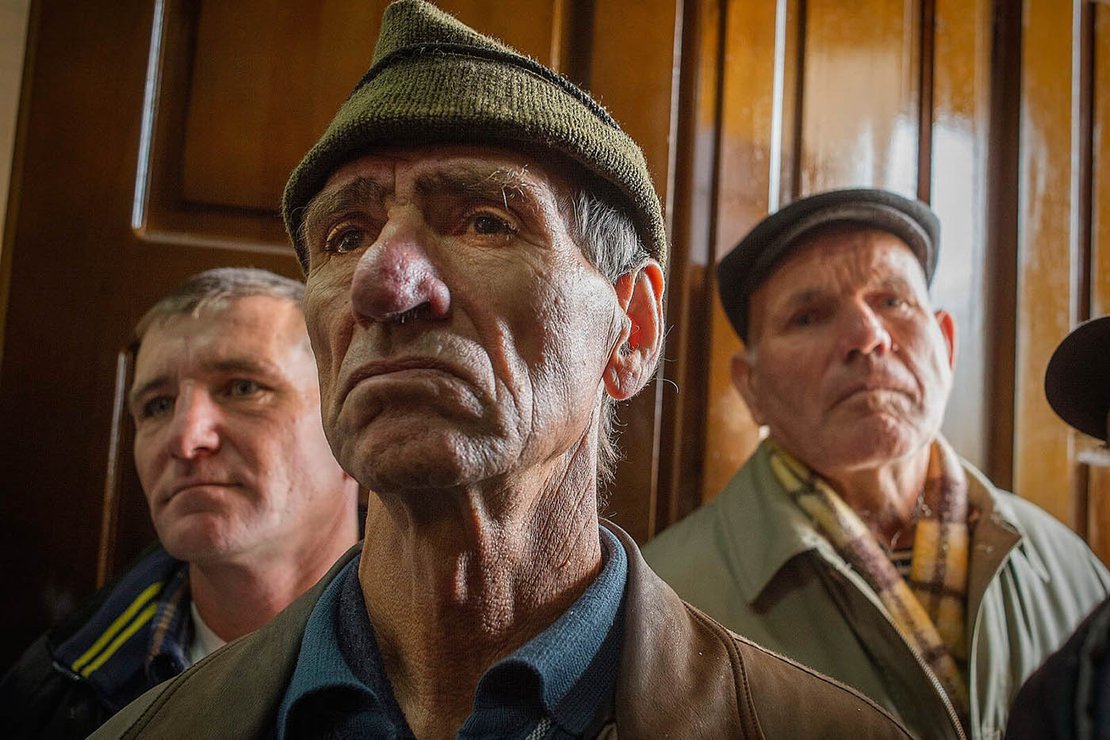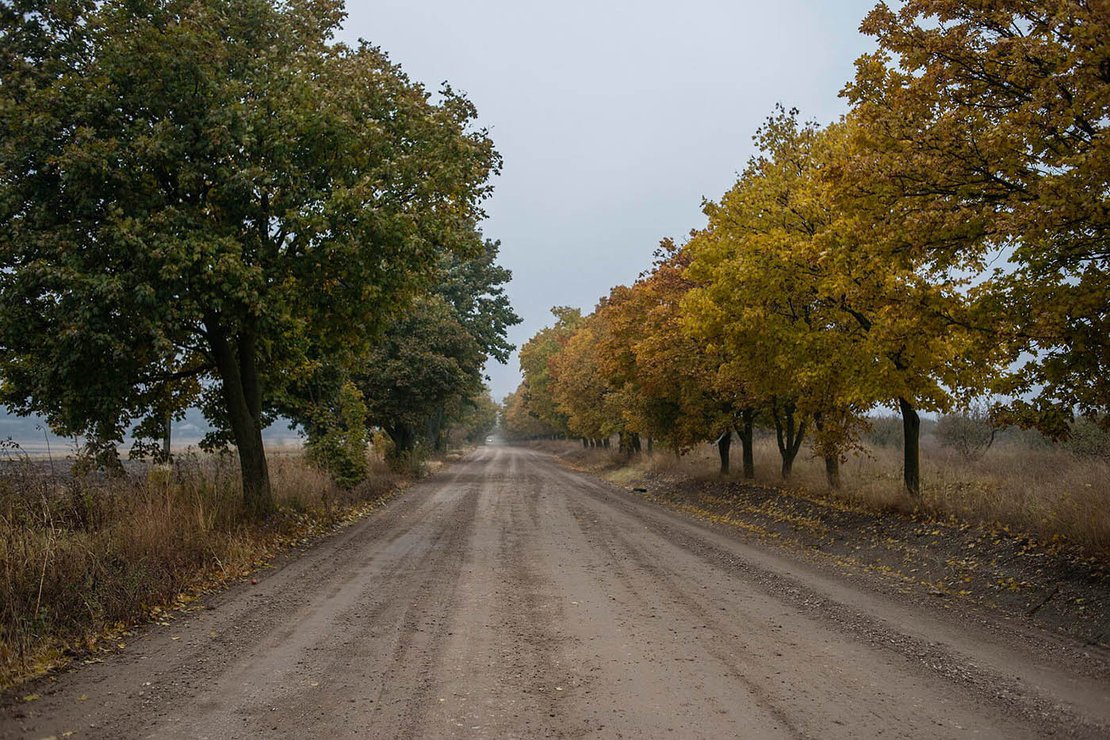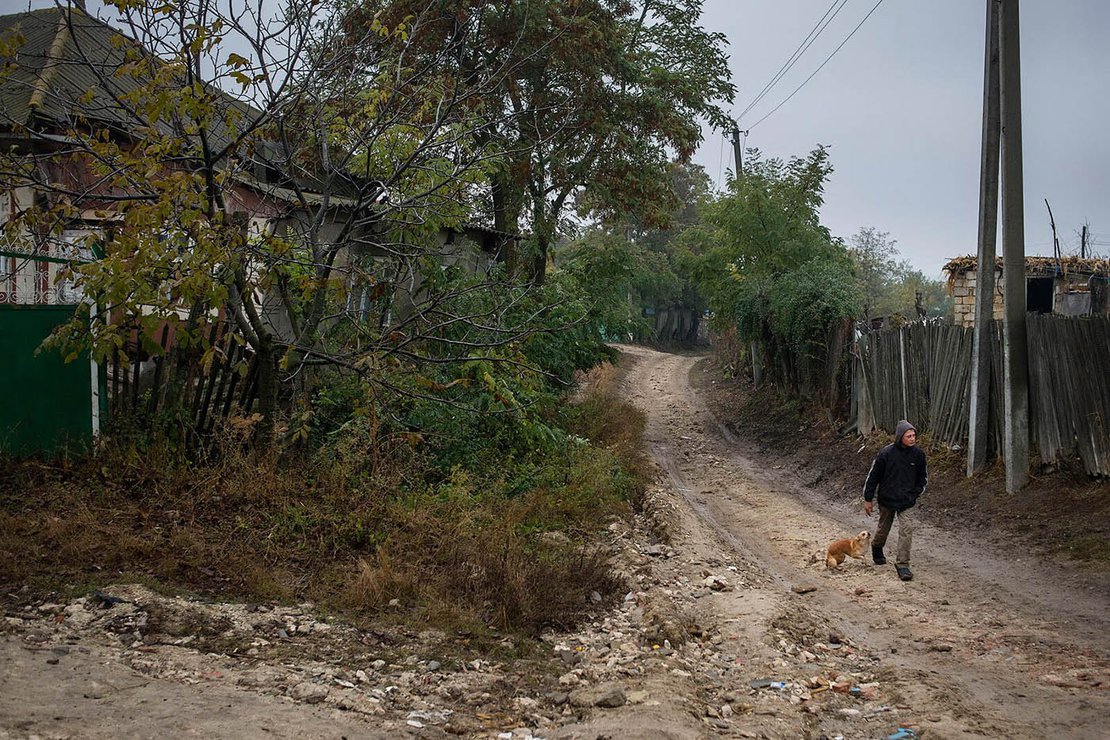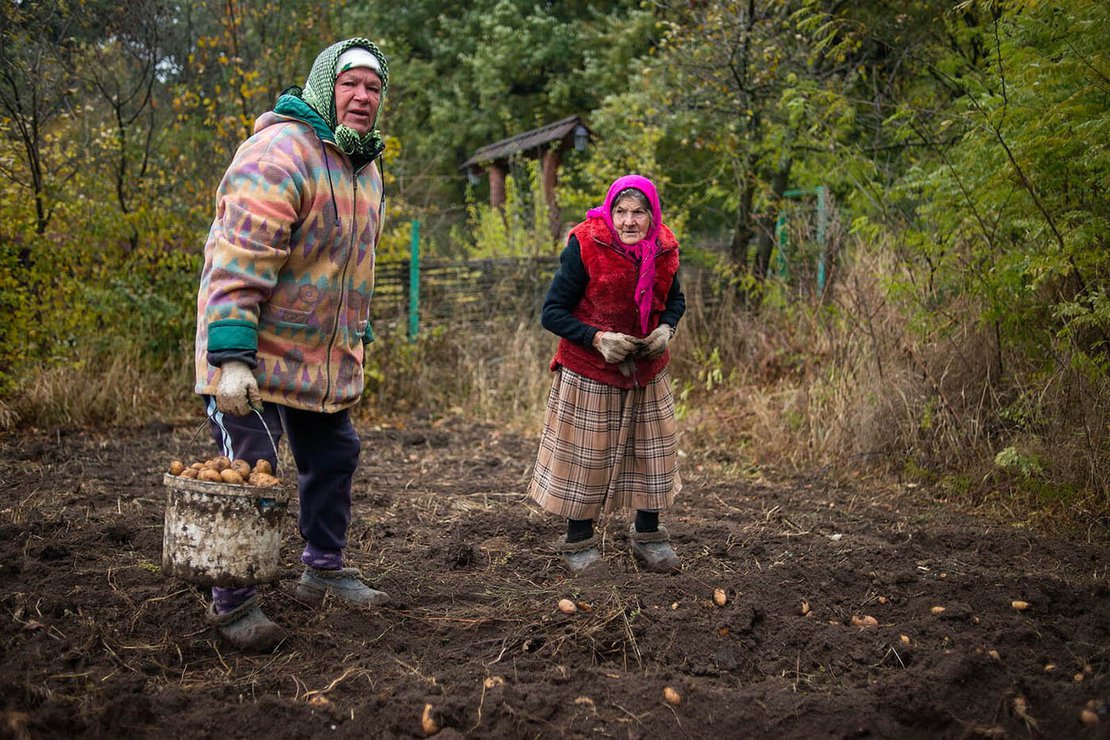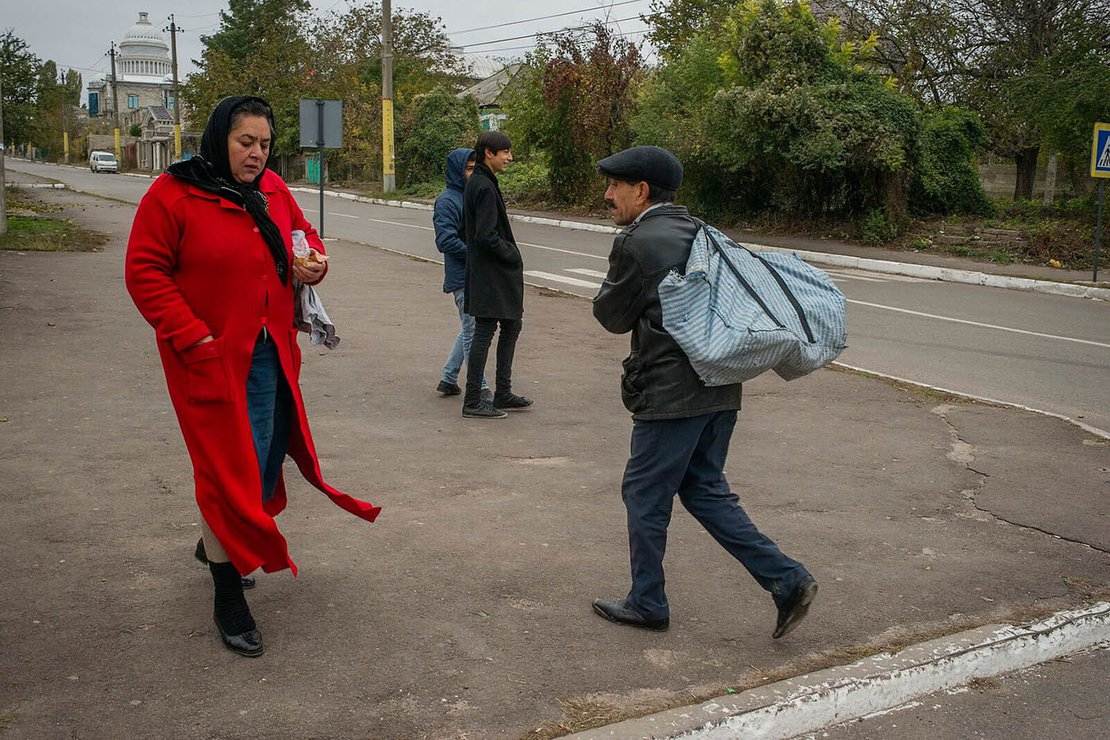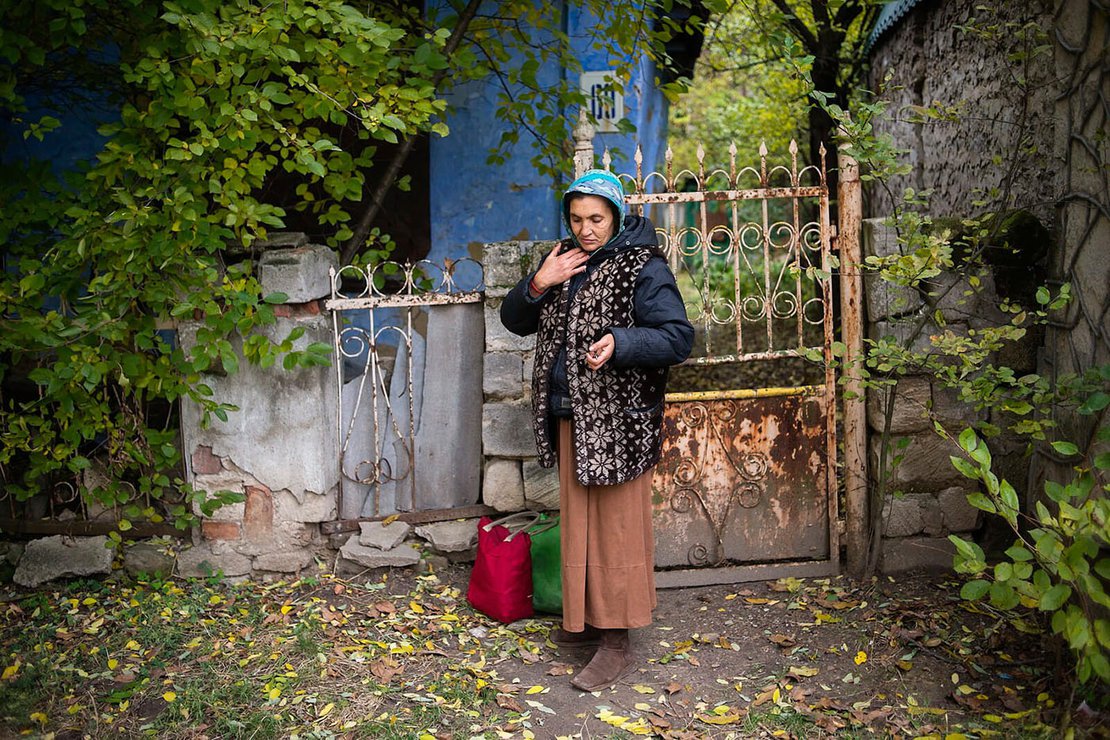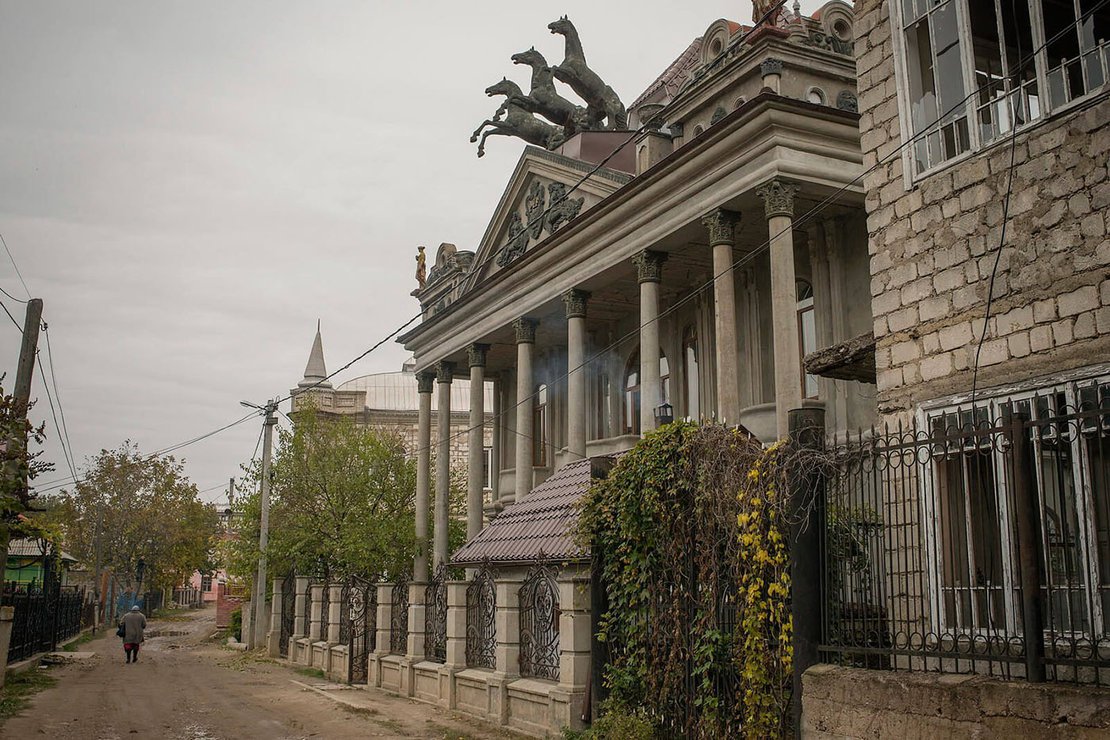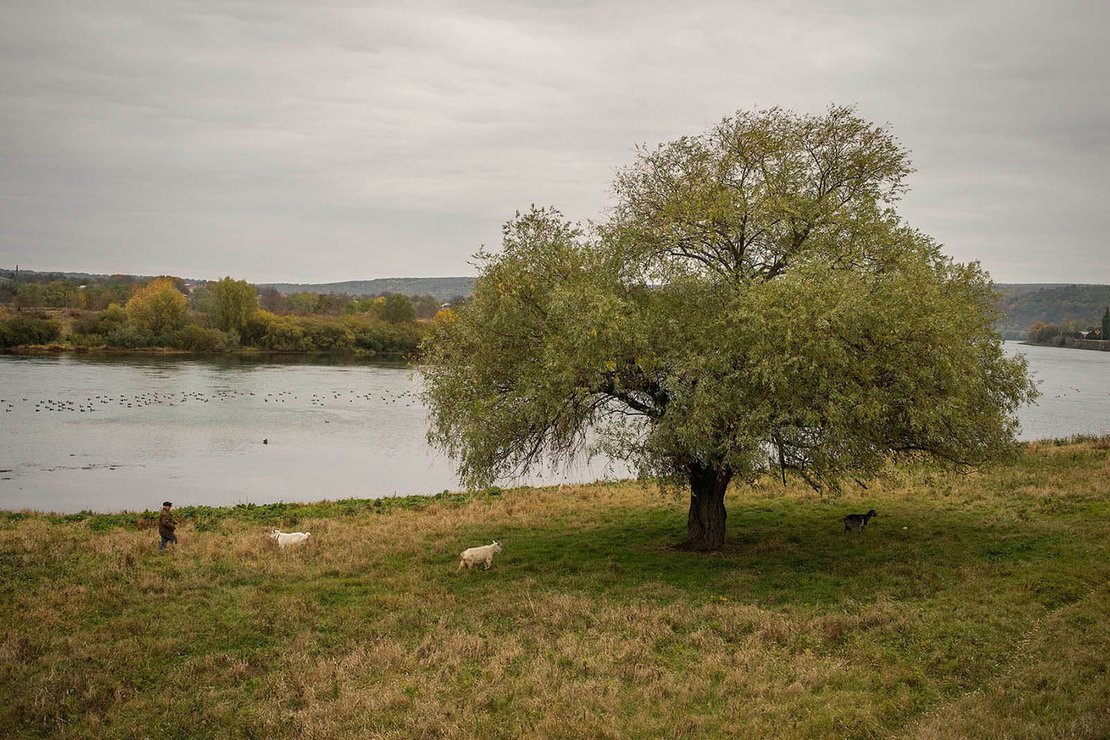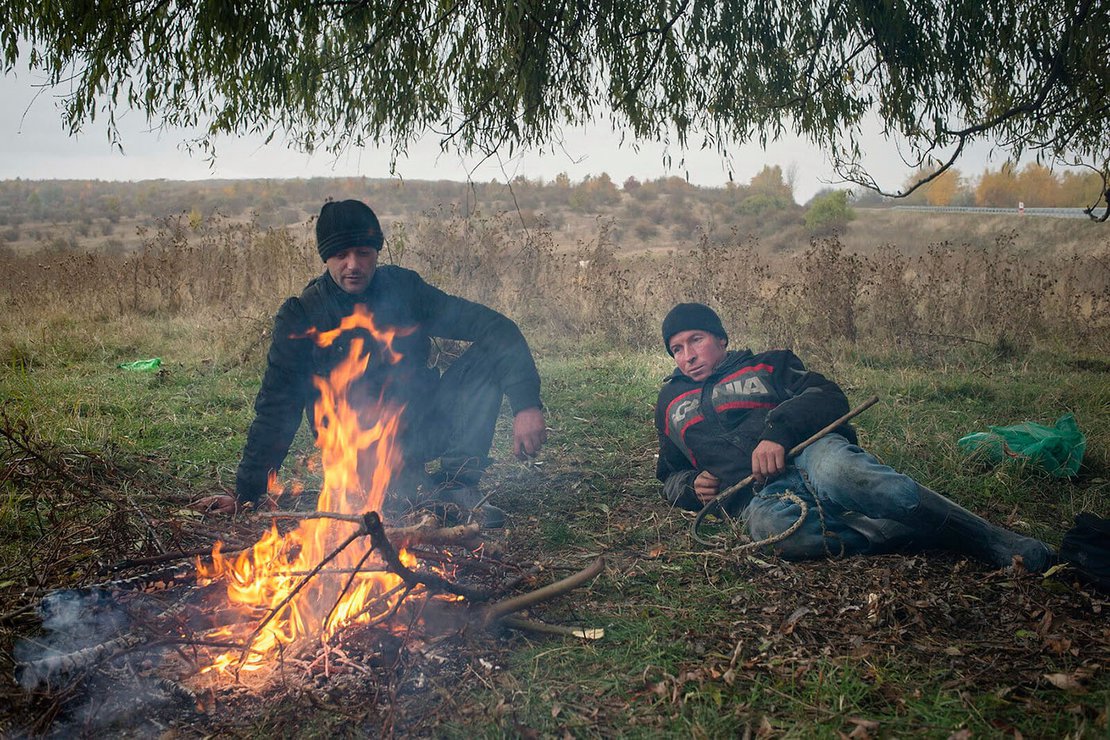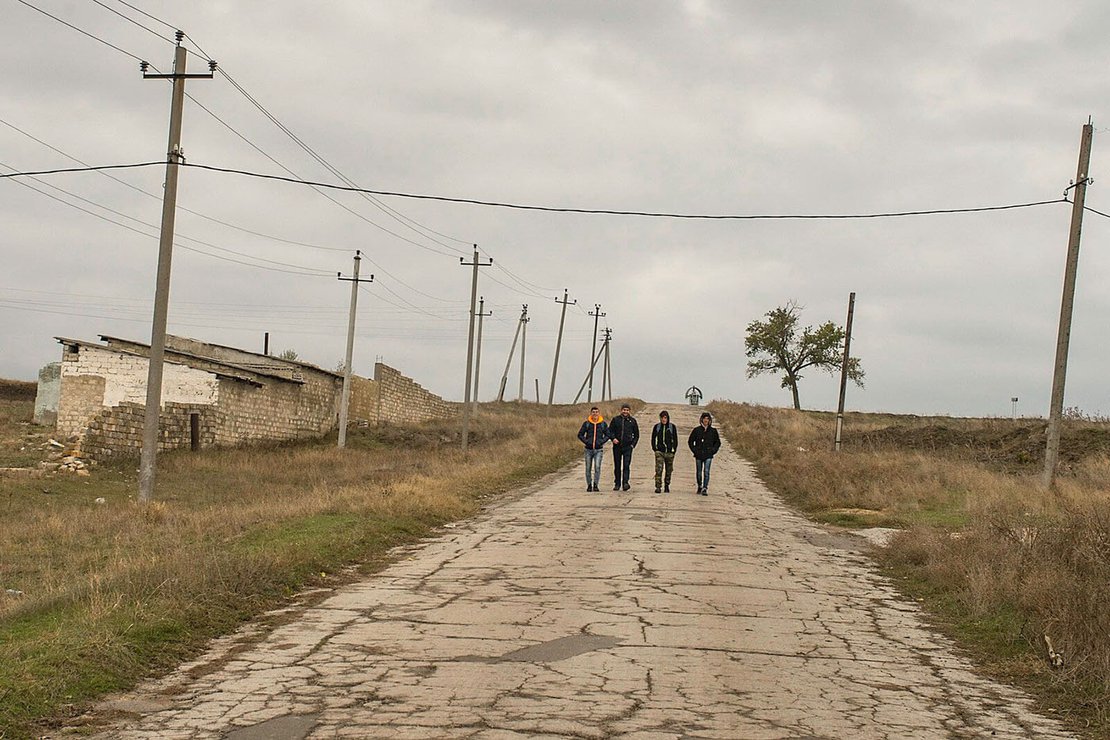Moldovan Roadtrip
“Half the year we eat what we produce in the other half,” Ghena explains to me clearly how the local economy works.
Together with his colleague Ion, they take care of the cows at pasture in the village of Racovat in the Republic of Moldova.
Because they don’t have money, the villagers do not hire workers to supervise the cows, but they take turns on the job. Whoever has more cows, must stay with them for a longer number of days.
Moldova is one of the poorest countries in Europe and its economy is based on agriculture. But fruit, wine and vegetables face a constant ban from the Russian market, because of the Government of Moldova’s intentions to become closer to the European Union.
In the villages, the people are leaving for work abroad, the average age is rising, and people are living off subsistence farming. It is estimated that over half of the workforce of Moldova (between 1.2 and two million, from a total population of four million) are working abroad - in construction and cleaning in Russia, Turkey and western Europe.
25 years after the declaration of independence, the transition of Moldova from pre- to post-Communist has not ended, and the direction of the country is now uncertain.
The pro-Moscow separatist region of Transnistria, the autonomous Republic of Gaugazia, the powerfully Russophile northern region (around the city of Balti) are compact regions which are not so inclined to move to the west. Diverse ethnicities - Russian, Ukrainian, Gaugaz and different political sympathies have polarized the country in the last year, when a mix of groups flocked onto the streets for the first time with a common aim: the eradication of the mafia and corruption.
In November 2014, one billion Euro disappeared from the Moldovan banking system - in a case which brought the arrest of the former Prime Minister Vlad Filat and multiple suspicions that an oligarch and backer of many political parties - Vlad Plahotniuc was involved. The protests lasted many days and 10,000s came to the streets.
Today, these protests have petered out, and calm dominates the streets of towns - a calmness which can become weird after seven o’clock in the evening, when it is very rare to see people on the streets, especially in the provinces.
In the last few weeks I have jumped in a car and journeyed through Moldova without any target in mind - braving the Autumn gloom and rain.
I have come in campaign season, before the first vote for the Presidential election. But this could pass by unnoticed, because at the street level this campaign is invisible. “There is too little money available for the candidates to campaign,” a local photographer told me, “the campaign takes place only on Facebook.”
Among the negative records in its possession, Moldova was in 2011, according to Lonely Planet, the country with the fewest number of tourists per year: only 9,000.
This is partly due to the poor state of the roads, the lack of hotels or a service industry outside the capital. In a small town, there is nothing to see - and you can easily lose a day walking around the streets in the rain. I returned home every night shivering and damp, but with the feeling that I will come back again to the winding streets of Moldova.
This article is also published in Romanian on Scena9
This report was realised in the structure of the bursary for journalists in the project “Support for Journalists fro Romania in approaching the subject of international development” implemented by the Federation of Non-Governmental Organisations for Development (FOND). The project is financed by the Ministry of Foreign Affairs (MAE) through the program of Romanian cooperation for Development (RoAid) and implemented with the support of the United Nations Programme for Development (UNDP) - Regional Centre for Europe and Asia. The content of this material does not represent the position of MAE or UNDP
Follow us
